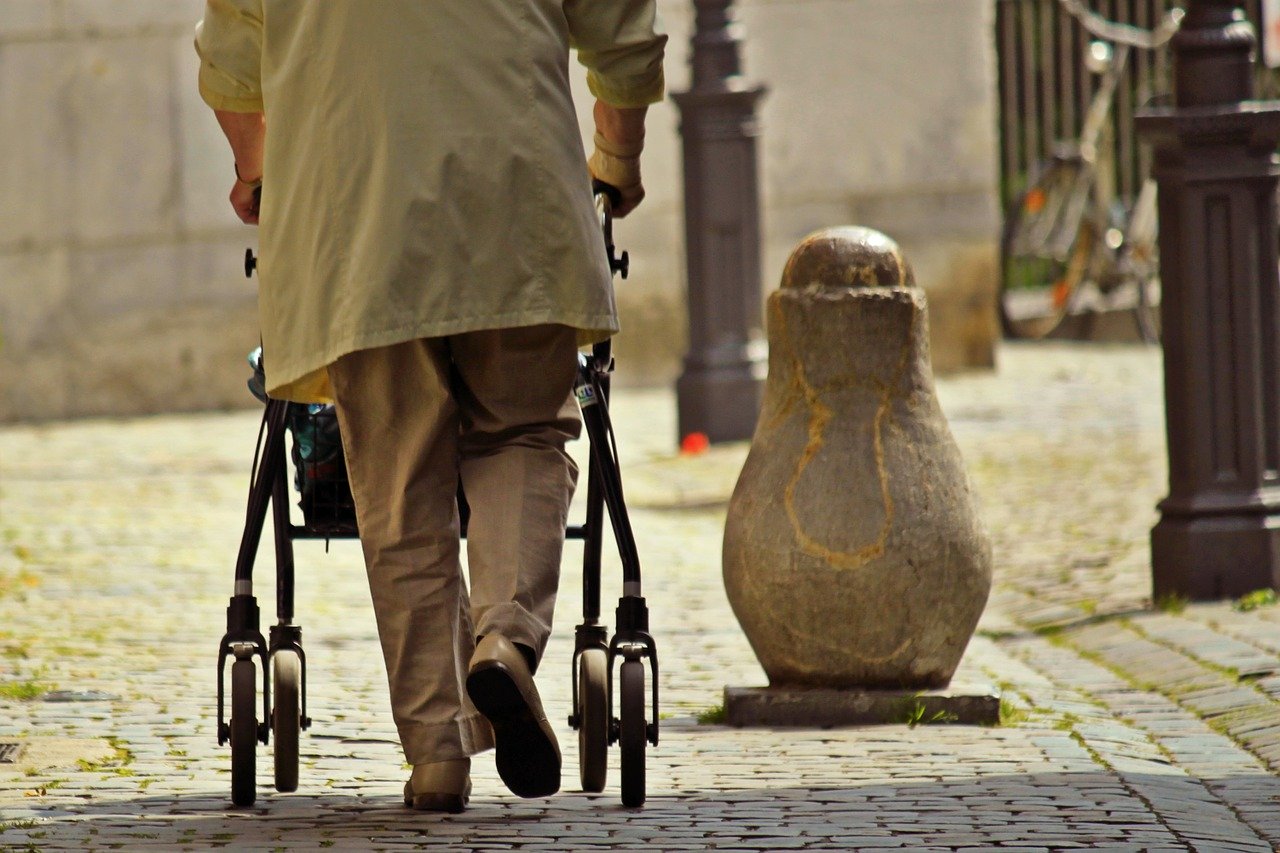In October 2019 researchers from Ireland published the results of their study to assess the association between impaired muscle function and serum vitamin D status in community-dwelling older adults. A total of 4,157 adults, average age 70 years, were involved in the study. Muscle strength and mobility were assessed in each individual and level of 25-hydroxyvitamin D [25(OH)D] measured. Overall it was seen that 31% had reduced hand grip strength whilst 13% were assessed as having reduced mobility. Results showed that those with the lowest levels of 25(OH)D had the highest incidence of impaired muscle strength and mobility. Consistent with this, vitamin D deficiency (under 30 nmol/L) was significantly associated with reduced handgrip strength and poor mobility. It was also seen that older adults undertaking regular moderate physical activity had a significantly lower risk of experiencing impaired muscle strength and mobility. Single or multiple falls were not not associated with vitamin D status. The researchers concluded by stating that it is generally accepted that vitamin D deficiency (ie below 30 nmol/L) should be reversed to prevent bone disease, but is a strategy that may also protect skeletal muscle function in ageing.
Aspell N et al. Vitamin D Deficiency Is Associated With Impaired Muscle Strength And Physical Performance In Community-Dwelling Older Adults: Findings From The English Longitudinal Study Of Ageing. Clin Interv Aging. 2019 Oct 15;14:1751-1761

